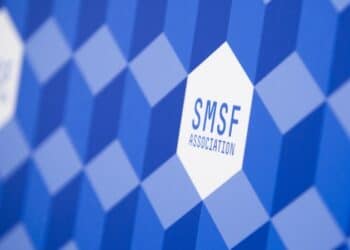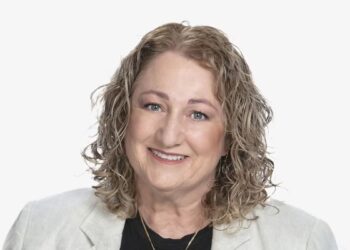In its submission to the Parliamentary Joint Committee on Corporations and Financial Services inquiry, the SMSFA said excluding the principal place of residence from the tests would avoid arbitrarily inflating a person’s wealth position for the requisite thresholds.
“The requisite thresholds have been in place since their inception in 2001, and are not subject to any form of review, update, or indexation,” the submission said.
“With the effects of inflation and substantial increases in real estate values, these are now significantly outdated.”
The submission continued that a review into the appropriateness of the regime as part of the Future of Financial Advice (FOFA) reforms in 2011 delivered no outcomes despite a range of issues and concerns being raised at that time.
Regarding the accountant’s certificate, the submission stated that these are no longer fit for purpose and must be removed. Furthermore, due to changes in the regulation of the financial services sector since 2001, an unlicensed accountant is now unable to advise a client on acquiring or disposing of a financial product.
The association said that under the Accounting Professional Ethical Standards Board APES 110 Code of Ethics for Professional Accountants, accountants have both professional and ethical obligations to their clients. Where an accountant is not licensed to provide financial advice, these duties and obligations conflict.
“We have also observed an emerging trend in the certificates being requested requiring the accountant to attest to information beyond the statement of fact required, placing accountants at significant personal risk. This was not the original policy intent of these provisions,” it said.
“This is an area of growing concern for our members, and we are receiving an increasing number of queries on the application of the regime to SMSFs. Some segments of the market appear to be placing an over-reliance on the use of accountant’s certificates.”
Additionally, the SMSFA said it has heard of circumstances where accountants have been approached, unsolicited, by non-clients, seeking the completion of an accountant’s certificate.
“Issues also arise around the loss of capacity and requests for certificates for individuals subject to enduring power of attorneys. In the context of SMSFs, a number of issues need urgent remediation,” it said.
“Whilst the acquisition of a superannuation product will always be considered a retail client product or advice, the placement of investments and insurance products within the fund can be made as either a retail or wholesale client.”
The submission claimed the operation of the assets and income test for an SMSF are unclear and in the 2011 review, issues were raised on the application of the assets test for SMSFs, as no specific provisions are made.
“The question is whether the $10 million professional investor test for superannuation funds applied to SMSFs, rather than the $2.5 million asset test. This issue persists and remains unresolved. This legislative ambiguity means that no formal guidance has been issued by ASIC on the operation of the law in the context of SMSFs.”
Furthermore, in 2014, ASIC issued a media statement stating that where the $2.5 million asset test is applied for an SMSF, no regulatory action would be taken. However, ASIC also warns that this “will not affect any private rights of action that may be available to third parties”.
“Persons providing financial services to trustees of SMSFs need to make their own commercial decisions after considering the legal risks,” ASIC said.
The association said: “We note that prior to this announcement, ASIC held the view that the $10 million asset test would apply in an SMSF context. Despite the 2014 media release, no formal guidance has ever been issued.”
“This gap in the legislative framework poses a significant risk to advisers, accountants, and their clients.”
The SMSFA has called for greater clarity on how the asset and income tests are to apply to an SMSF.
“While many funds will have a special purpose corporate trustee, some SMSFs still have two or more individual trustees. The application of the test differs, depending upon the SMSF trustee structure,” it said.
“The question remains whether it is appropriate to apply the tests at the trustee level or whether the tests should be based on the individual member’s interest in the fund.
“Further, the control test pursuant to section 50AA of the Corporations Act 2001, operates counter to the trustee fiduciary duties and legislated trustee covenants and obligations that apply to all individual trustees or directors of the corporate trustee of the fund.”
It concluded that the test is often difficult to apply in practice because it is difficult to determine whether control exists as a matter of fact.
“Considerations as to the practical influence that a person can exert, and patterns of behaviours (rather than legal rights or obligations) must be taken into account,” it said.


